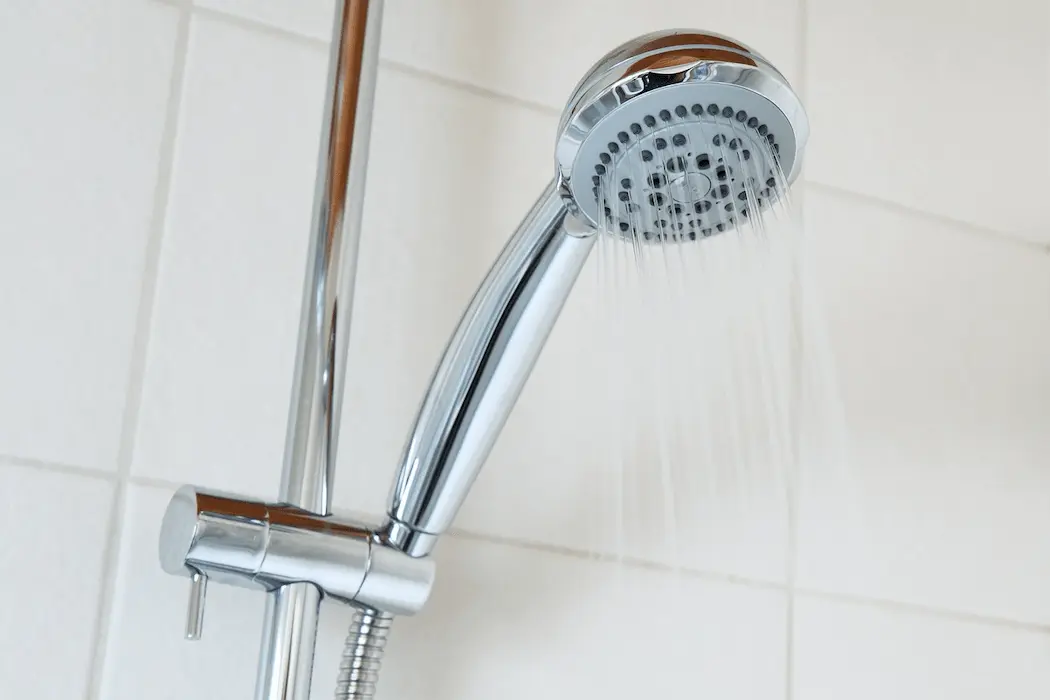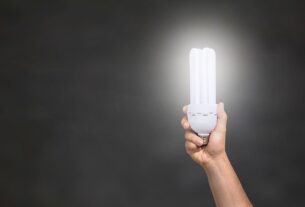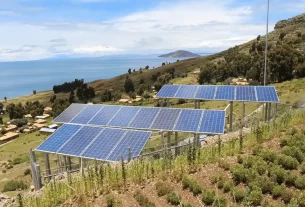Drinking clean, fresh water is a necessity of life. And we take clean drinking water for granted.
Did you know that Australia is the driest inhabited continent on Earth? Yes, you read right! Yet, despite this water scarcity, Australians are among the world’s highest water consumers per capita. According to a report, the quarterly average water bill in Australia was $272 in May 2020.
Recently due to climate change, rainfall tends to be less predictable and, in many cases, lower than long-term averages, making it more critical than ever to conserve freshwater.
Therefore, you can save water bills and protect the environment by avoiding a few simple mistakes. With less use, we’ll have access to more freshwater. Here we have listed a few ways.
Inside the home
1. Re-use greywater
The water from your laundry or bathroom can provide enough water to nourish your garden. But make sure you collect greywater from low-sodium soap, shampoo and detergent water. Try to use the greywater within 24 hours.
You can also use greywater to flush toilets. Choose an EPA-approved system if you want to install a permanent greywater treatment and recycling system. Plus, you’ll need to get a permit from your local council to install this permanent system.
2. Take a smaller shower
Your morning bath can use around six to 45 litres of water per minute. So if you shorten your shower to less than four minutes, you can potentially reduce your water usage by up to 20%.
3. Check your toilet for leaks
If food is colouring in the tank and you don’t flush it, the toilet will begin to leak within a half hour. In such a case, you need an immediate repair service.
4. Limit your water usage in the kitchen
If you have two basins for cleaning dishes, fill one with soapy water and the other for rinsing, wash and then rinse them. If you have one sink, put your wash-away plates in the dish rack to rinse after washing.
Also, when using a dishwasher, use less hot water by running your system when it’s filled and use the economy wash cycle. As a backup, pour cold water over dishes before putting them in the washer.
5. Washing machine
If you have a washing machine with an eco-mode, try to wash only full loads of laundry. When possible, set your machine for water-saving mode or use a suds-saving function. Depending on the size of the load, adjust the water level on the machine. You can also divert the wash water from your laundry to other uses, such as flushing the toilet or watering the garden.
Outside the home
1. Water your garden wisely
Plants need water in hot weather, but there needs to be sufficient time between watering sessions. In such cases, water absorption and soil moisture can also be increased by mulch or compost.
Plus, Australian plants are more water-efficient than non-indigenous ones and would make your garden more water-efficient. So, try to grow this kind of plant in your garden.
2. Washing the car
When washing a car, one should either wash it on the lawn or the driveway. Also, using a watering can rinse the car, you can manage an effective bucket and sponge wash on a small/medium-sized car with just two buckets.
3. Build a rain garden
Low-maintenance gardens fuelled by rainwater or runoff from your rainwater tank are sustainable and eco-friendly. Raingardens are more water-efficient, and you can help protect your local rivers and creeks from the impacts of stormwater pollution.
You can reduce your water use by capturing rainwater and using it to water your garden. However, you’ll need to choose the style, size and material to install a water tank. Plus, you will have to check the laws for needing permits, installation and maintenance.
By saving water, you will also save:
- Homeowners can save energy by using less water because it takes energy to treat, transfer and heat water.
- You can save money by using less water. If you’re on a metered system, your water bill is directly proportional to your water usage.
- If you produce less wastewater, fewer contaminants will be trapped in our rivers and oceans.
Therefore, no contribution is big or small. Take one step forward and sustain our future.

LaneRealty Blog is a non-profit initiative to support and promote our scenic and beautiful city of Mt Tamborine, our events, communities, and local businesses. LaneRealty also offers articles on Property, lifestyle, and Business.



